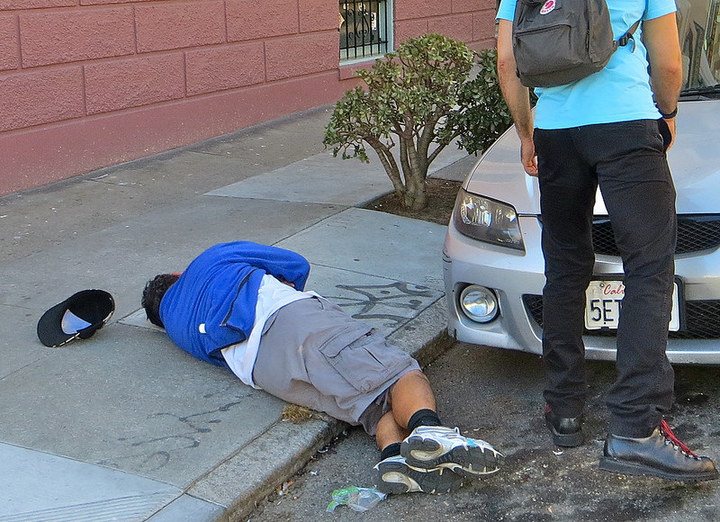
During the early stages of recovery from addiction, helping the addict learn how to negotiate the demands of emotional regulation, mutuality becomes important. Relapses are always of primary concern during this first stage of treatment and are often related to difficulties with emotional regulation.
Substance abusers are usually unable to use their feelings as signals and guides in managing or protecting themselves against the instability and chose of their internal world. This disturbance in the regulation of emotions manifests as,
"an inability to identify and verbalize feelings,
an intolerance of incapacity for anxiety and depression,
an inability to modulate feelings..."
If the substance abuser returns to using substances it will only reduce their existing capacity for self regulation even further.
The early stage of recovery is an important time for establishing a safe haven,
and proximity to those who can provide support
and caring for the substance abuse user.
One of the processes in early recovery is to work with a therapist who can provide help with substance abusers to be acquainted with their feelings,
and they are notoriously inadequate in communicating them to others.
The larger lesson the substance abuser has to learn is that emotions are not only vital to self understanding, but also crucial to the understanding of others and the negotiation of all forms of intimacy in interpersonal relationships.
 RSS Feed
RSS Feed
